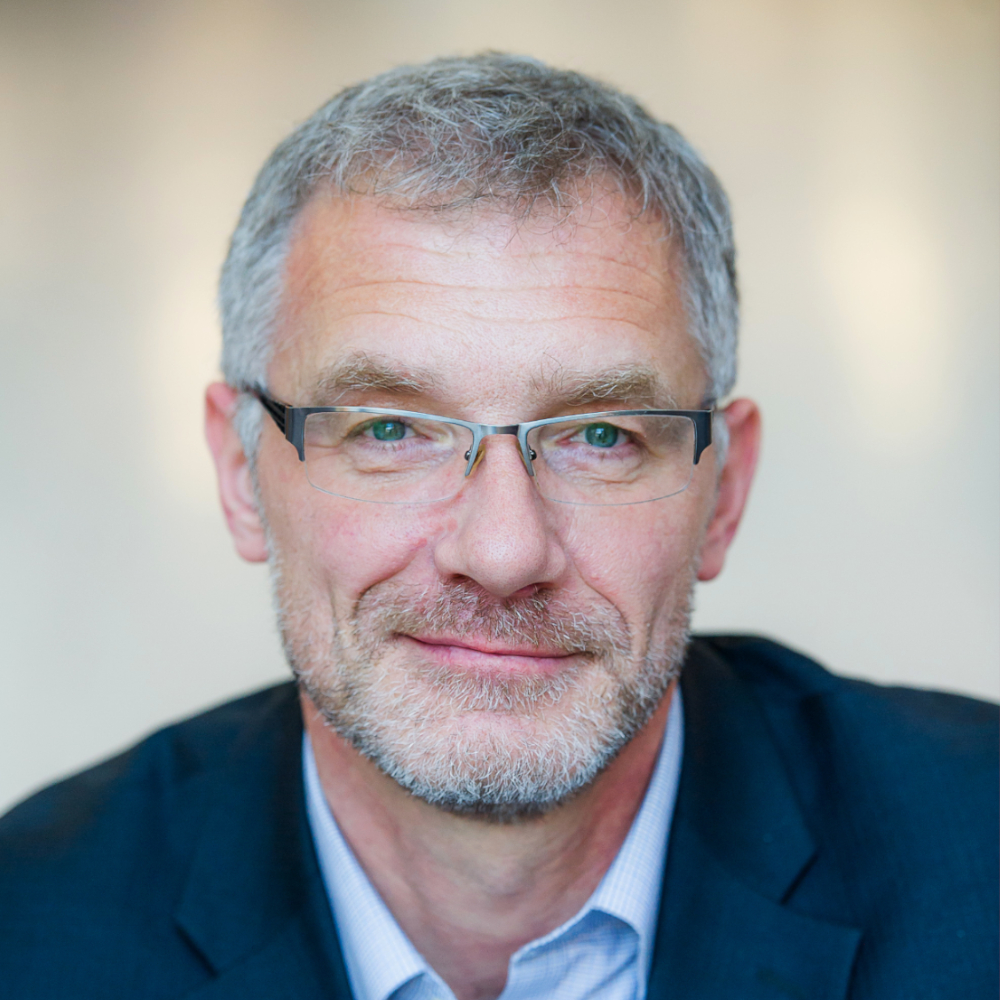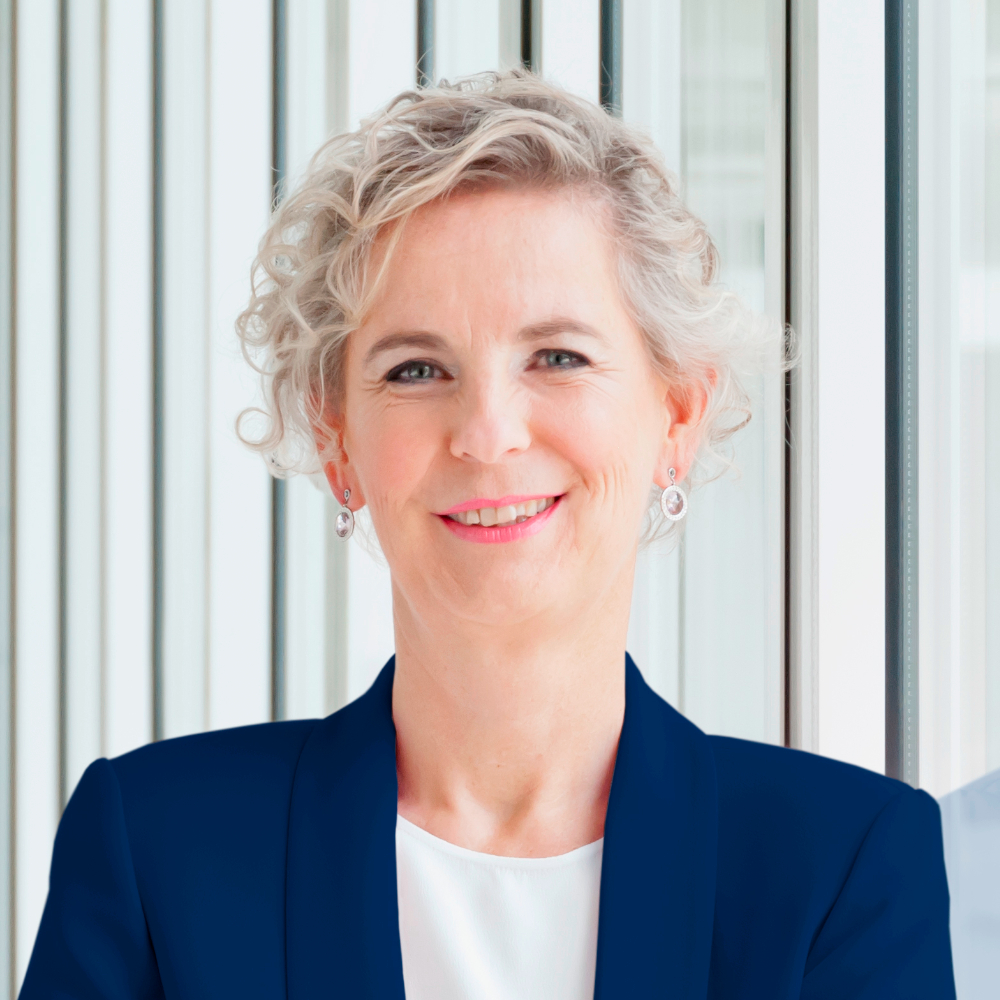Dear Reader,
In our 2023 Annual Report, we offer you a brief insight into the wide variety of work conducted at our institute last year, updates on new developments and the latest facts and figures.
During a time when we are confronted with major changes and crises, we feel it is vital to meet global challenges with optimism and commitment and to make a decisive contribution to society with our research.
Last year, we not only developed solutions to current problems but also broke new ground. Right at the beginning of the year, we opened our new institute location in Heilbronn, where the Joint Innovation Hub of Fraunhofer ISI conducts research as part of the collaboration with the non-profit Dieter-Schwarz Foundation on the Bildungscampus Heilbronn. Its research here on innovation, digitalization, artificial intelligence, and sustainability is based on strategic foresight and a systemic perspective. The Joint Innovation Hub offers its clients from business, politics, administration, and civil society support throughout the innovation process. This ranges from foresight and inspiration, preparation and participation, supporting innovation, developing new fields of innovation to accompanying transformation.
In more than 400 research projects in 2023, we showed that our institute is not only able to analyze the status quo but can also actively contribute to shaping our future. We present some of our highlight projects as examples in this report.
We directed our research at creating added value for society, for example, by modeling the transformation pathways to achieve the targets set in the Paris Agreement, carrying out impact studies, and ensuring sustainable technology transfer from research to industry – to name just a few.
We must express our gratitude to our employees. Their knowledge of technology, the economy and social sciences, their expertise, and creativity have once again made an essential contribution to our positive annual outcome in terms of the institute’s visibility in academia and the media.
More than 300 people from 25 different countries work at our institute. Their commitment is the key to our economic and social success, and we are proud to work alongside such an interdisciplinary and diverse team.
We would also like to thank our partners and clients. We continue to be highly motivated to advance research and innovation in the future and to work together on the solutions to today’s and tomorrow’s problems. In this way, we can shape a future that is characterized by progress, innovation and sustainability.
We invite you to take a look at our annual report and hope you find it interesting reading.
The Institute’s Directors





